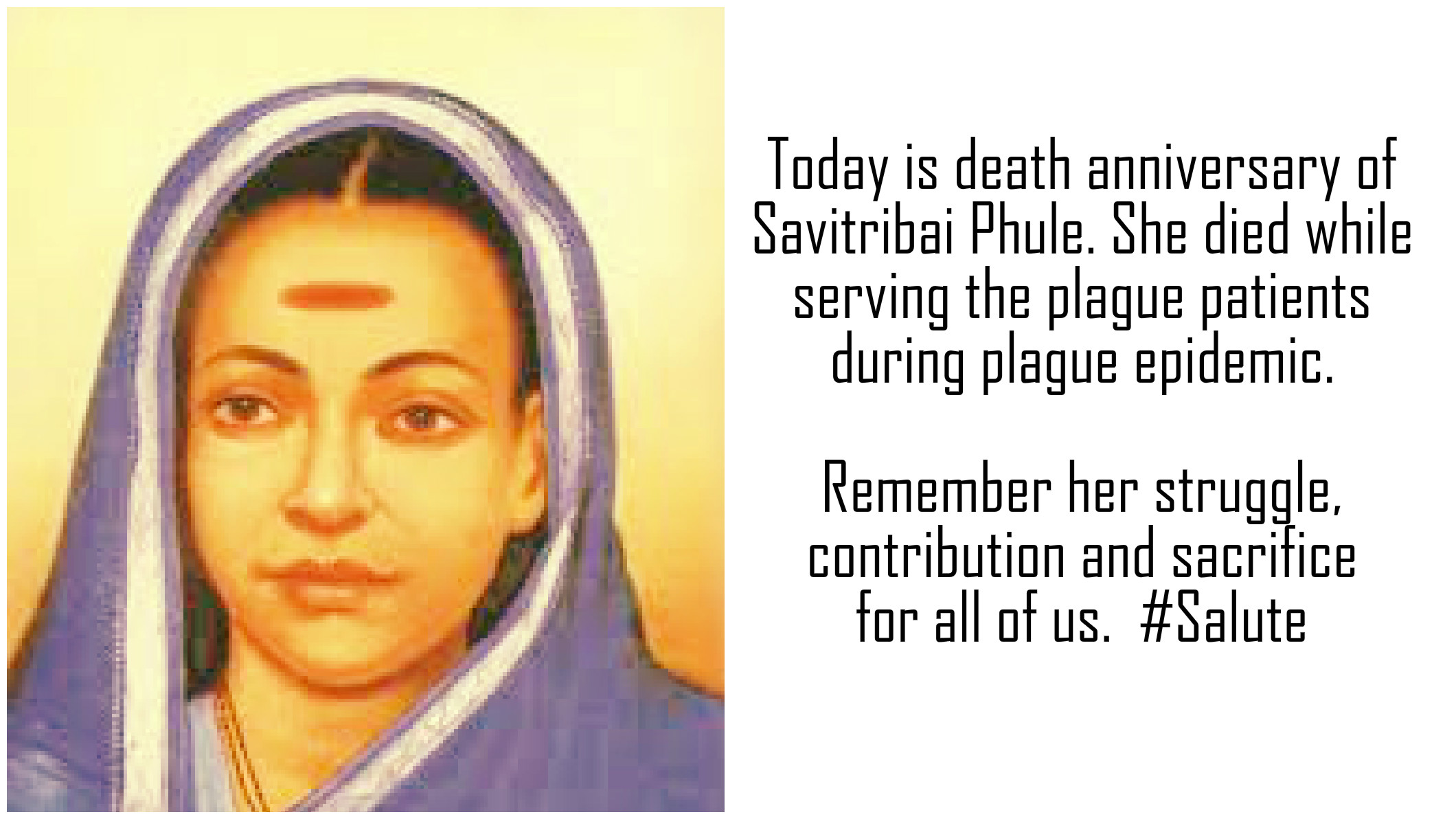
Book Review of “A Forgotten Liberator : The Life and Struggle of Savitribai Phule”
“A Forgotten Liberator : The Life and Struggle of Savitribai Phule”, is the first endeavour in English to spotlight upon one of the supreme names who fought against the totalitarianism of caste and other social evils in India. The book brought out by “Mountain Peak Publishers” on the life of Savitribai Phule (1831-1897) is a collection of essays written by six authors, those account the life struggle of marginalized and lower class women.
Read also – Mahatma Jotiba Phule and Savitribai Phule’s contribution towards women empowerment
In times when even the shadow of untouchables were considered impure, when the people were unwilling to offer water to thirsty untouchables, Savitribai Phule and Mahatma Jotiba Phule shared their their house with them. It was a challenge thrown at the Brahmins to change their mindset towards untouchables. But even after almost 200 years, Dalits (untouchables) are still struggling for water rights.
In the essay “The Stuff Legends are made of” Cynthia Stephen writes “The young couple faced severe opposition from almost all sections. Savitribai was subject to intense harassment everyday as she walked to the school. Stones, mud and dirt were flung at her as she passed”.
 Three letters written by Savitribai Phule to Mahatma Jotiba Phule are included in the anthology. From the letters it becomes evident that Savitribai Phule had great respect for her husband and had knowledge of all spheres of life and adept in handling difficult situations.
Three letters written by Savitribai Phule to Mahatma Jotiba Phule are included in the anthology. From the letters it becomes evident that Savitribai Phule had great respect for her husband and had knowledge of all spheres of life and adept in handling difficult situations.
Sunil Sardar and Victor Paul present translations of Savitribai Phule’s five poems written in Marathi in the essay titled “Pioneering Engaged Writing”. Savitribai Phule was the first Dalit women, in-fact the first women whose poems drew attention in the British Empire. Savitribai Phule was the mother of modern poetry stressing necessity of English and education through her poems.
Read also – ‘First Lady’ Teacher of India: Savitribai Phule
The volume also contains a letter written by a eleven year old girl, Muktabai studying in Phule’s school under the chapter ‘Grief of the Mangs and Mahars’. The content of this letter is so strong for anyone to believe that this was written by a eleven year old girl. This shows the level of education and upbringing those children were getting in Phule’s school.
During the famines of 1876 – 1898, Savitribai Phule worked courageously with her husband and suggested many new ways to overcome the difficult times. They started distributing free food at many locations. She died while she was nursing a plague – affected child — she got infected while serving the affected people. Apart from the exceptionally narrated essays of all six authors there are pictures and a list of important days in the life of Savitribai Phule, which give a glimpse into the life of the great liberator.
Check also – Few poems by Savitribai Phule
Indian women are not aware of the greatness of Savitribai Phule, who dared to purse the profession of teaching in the ‘Dark Age’. She dared to speak against the unpardonable boundaries imposed on women in the Indian society, for which today’s women should be grateful to her. The book is one of its kinds and a must read for all those who believe in human rights and by those women organisations who speak a lot for women empowerment and feminism!
Braj Ranjan Mani writes:
“Savitribai Phule (1831-97), struggled and suffered with her revolutionary husband in an equal measure, but remains obscured due to casteist and sexist negligence. Apart from her identity as Jotirao Phule’s wife, she is little known even in academia. Modern India’s first woman teacher, a radical exponent of mass and female education, a champion of women’s liberation, a pioneer of engaged poetry, a courageous mass leader who took on the forces of caste and patriarchy certainly had her independent identity and contribution. It is indeed a measure of the ruthlessness of elite-controlled knowledge-production that a figure as important as Savitribai Phule fails to find any mention in the history of modernIndia. Her life and struggle deserves to be appreciated by a wider spectrum, and made known to non-Marathi people as well.”





Are her poems published in English by any chance? 🤔
Excellent interpretation of Savitribai Phule
It will be very enlightening to read it…
Keep providing us these kind of valuable stuff to read…
Thanks
Reblogged this on కార్తీక్ నవయాన్.